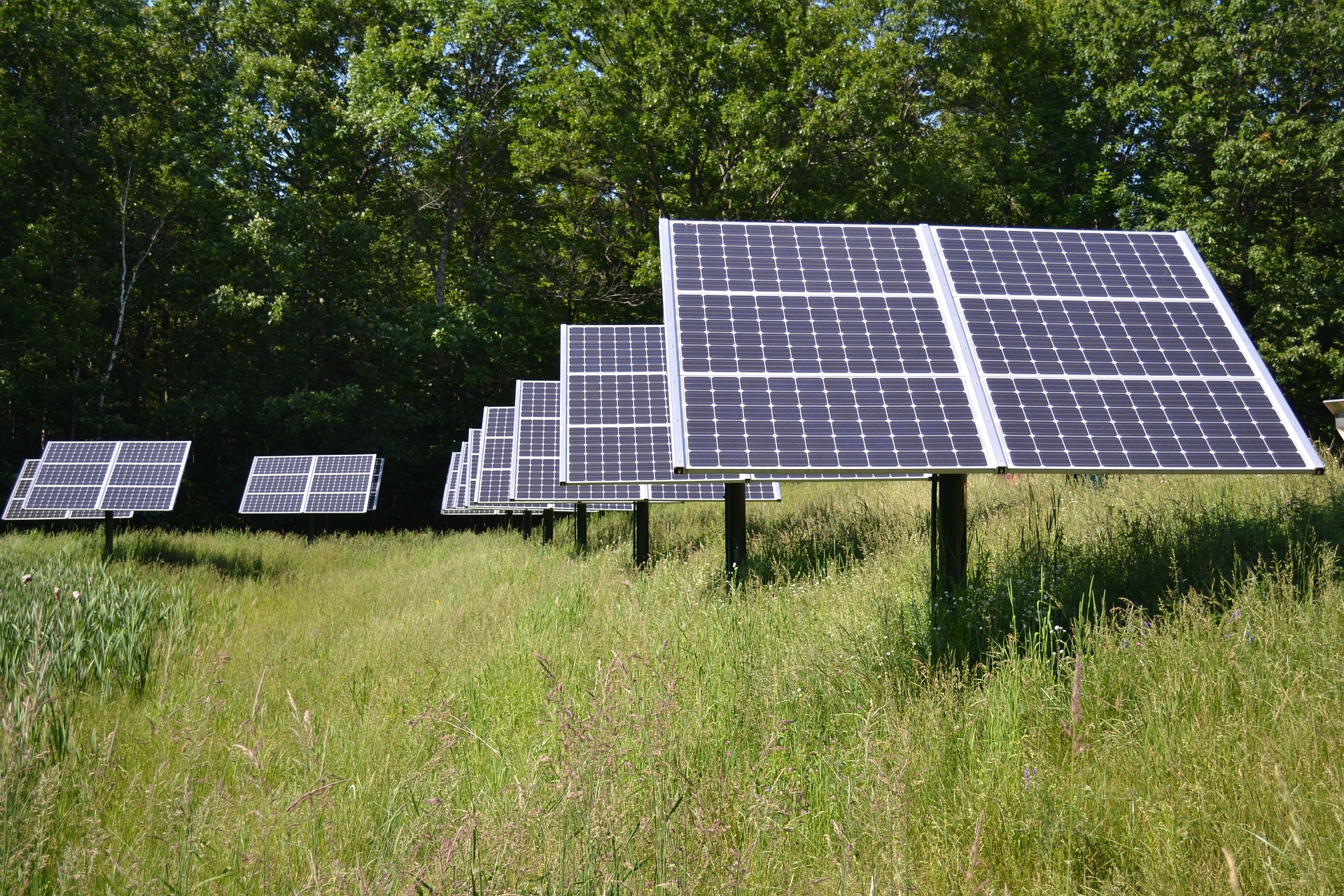Academic Interests

Universities conduct a lot of research that could help to address current social and political problems, especially when it comes to the environment. However, much of this knowledge never leaves academia, staying in the "ivory tower" - it is shared in journals, at conferences, and in reports that primarily reach other researchers, rather than decision-makers or influential persons that could mobilize that research into real action.
Why is public policy not more informed by academic understanding? Why are social debates rarely grounded in the findings of credible experts? Is there a problem with the way that researchers communicate with society more broadly? Are the needs of policy-makers and the public not being communicated effectively to researchers? These are the problems that I try to address with my own research.
I look at how science-society partnerships can enhance the production and mobilization of knowledge. I want to know how interdisciplinary collaboration can improve the relevance and tractability of research. I am interested in creating spaces for social debate that is based more on the balance of evidence and less on rhetoric. In pursuing these interests, I draw on a background of environmental studies, public policy, science studies, and a little bit of biology.
Some of my outputs include: best practices for science-policy relationships (e.g. informal communication and appointed liaisons), reasons government agencies should partner with science organizations (e.g. increased credibility for consultation), and an explanatory model for understanding the different kinds of partnerships (e.g. they range from incidental interaction to true co-production).
Key Areas
- Climate Change
- Deliberative Democracy
- Evidence-Based Policy
- Interdisciplinarity
- Knowledge Mobilization
- Political Communication
- Renewable Energy
- Science-Policy Interfaces
Projects
Postdoctoral Project - Beyond Interdisciplinarity: Building Co-Productive Research Dialogues for Climate Change
This project will entail a meta-analysis of literature on interdisciplinarity, a survey of attitudes among undergraduate students toward other disciplines, and workshops with graduate students that investigate potential connections between disciplines.
PhD Project - Climate Change Action through Co-Productive Design in Science-Policy Partnerships at Municipal, Provincial, and National Levels of Government
For this project, I extracted some design principles and an analytical framework from the relevant literature (e.g. on science-policy interfaces and research utilization) and evaluated them through interviews with experts involved in existing relationships between climate science organizations and government agencies, mostly in BC. The end result is something I call the Science-Policy Relationship Hierarchy (SPRHi) model.
Master's Project - Complexity as a Cause of Environmental Inaction: Case Studies of Large-Scale Wind Energy Development in Saskatchewan
This project involved a review of documents related to wind energy planning in Saskatchewan (which revealed some challenges with communication between the government and the public) and interviews with wind energy experts (which demonstrated the importance of knowledge-related barriers to wind energy development).
